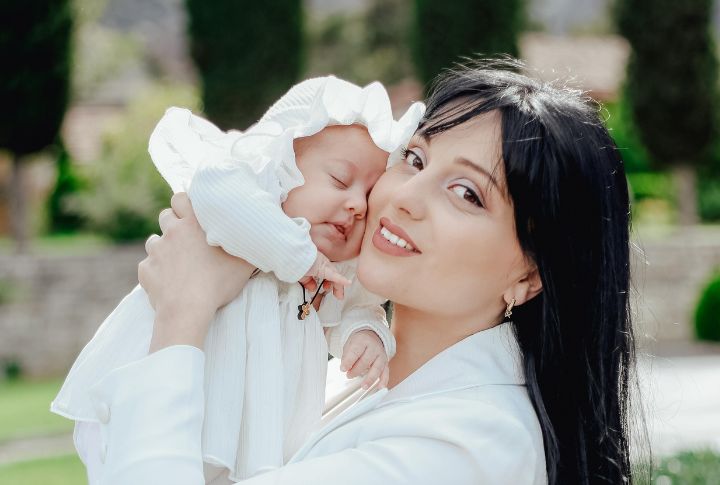
Talk to any Gen Z about kids, and you’ll hear thoughtful pauses. Many aren’t rejecting parenthood completely; they’re rethinking it. Life feels unpredictable, and independence holds strong appeal. Instead of rushing into old expectations, they’re weighing every factor carefully. It’s a deliberate choice that says a lot about today’s changing world. Let’s take a closer look at what’s truly shaping this decision.
Financial Pressure Feels Never-Ending

For many Gen Z, the math simply doesn’t add up. Between student loans and stagnant wages, the idea of supporting a child feels far-fetched. Even basic childcare and healthcare costs can outpace income growth, turning parenthood into a dream that feels financially unrealistic.
Climate Change Feels Personal

This generation grew up with constant warnings about a warming planet. Rising temperatures due to extreme weather and resource scarcity weigh heavily on their minds. The idea of raising a child in a world facing environmental instability feels morally uncertain and emotionally draining to them.
Career Paths Are Less Linear

Gone are the predictable nine-to-five jobs that once shaped life plans. Gen Z often juggles freelancing and shifting industries. With financial and career uncertainty, many prefer to focus on building independence first, unsure how traditional parenting fits into their unpredictable paths.
Broken Systems Create Fear

Raising a child feels risky in a world where essential systems barely hold up. Soaring medical bills and an overwhelmed education system make future planning feel unsafe. Many see parenthood not as a joyful next step, but as a gamble they can’t afford to lose.
Mental Health Comes First

Emotional stability isn’t negotiable for this generation. Therapy and self-work take precedence over traditional timelines. Gen Z watched their parents struggle with unresolved trauma and decided to do things differently. They’re committed to healing their own wounds before potentially passing them down to kids who didn’t ask for that burden.
Relationships Feel Fragile

This generation doesn’t trust relationships to last the way previous ones did. High divorce rates taught them that love isn’t always enough. Bringing kids into shaky partnerships feels unfair to everyone involved. They’re waiting for genuine stability rather than hoping things work out after children arrive and raise the stakes permanently.
Autonomy Matters More Than Tradition

For Gen Z, freedom outweighs convention. They want control over their choices, from career paths to relationships. Parenthood, for some, feels like surrendering that autonomy. Rather than following expectations, they’re rewriting what adulthood means, guided more by personal fulfillment than social tradition.
Parenting Looks Exhausting Online

Scroll through social media, and the reality of parenting feels hard to ignore. Sleepless nights and emotional strain are no longer hidden behind picture-perfect moments. Seeing the unfiltered side of parenthood online has made many question whether they want that level of exhaustion themselves.
Housing Feels Out Of Reach

Buying a home once symbolized readiness for family life. But, in this generation, it’s an unreachable milestone. Many still share apartments or live with parents to save what little they can. With housing prices climbing faster than wages, raising children feels impossible without a stable roof of their own.
Time Feels Scarce And Overloaded

Every day feels like a race against exhaustion. Between work and mental fatigue, Gen Z adults barely manage time for themselves. Parenthood, with its nonstop demands, feels like a commitment few can imagine adding to already crowded schedules.

